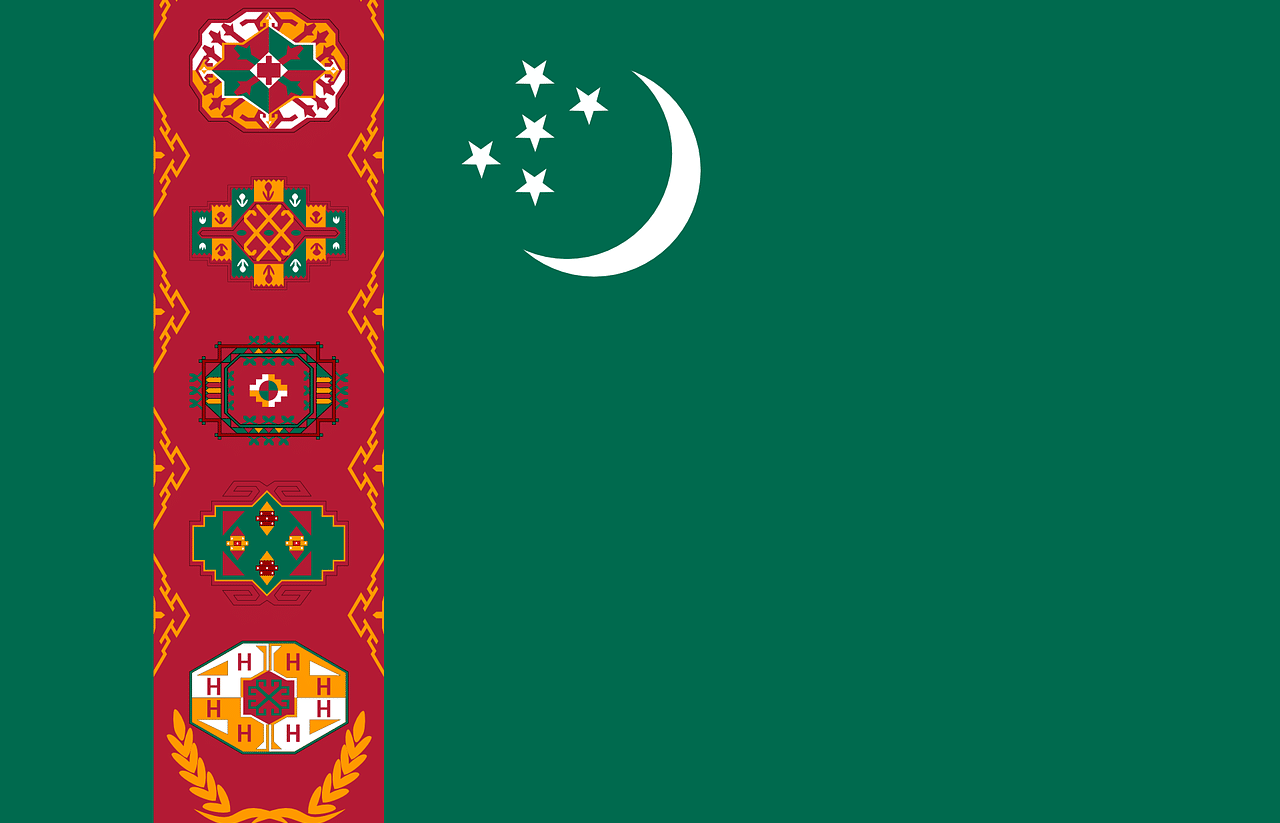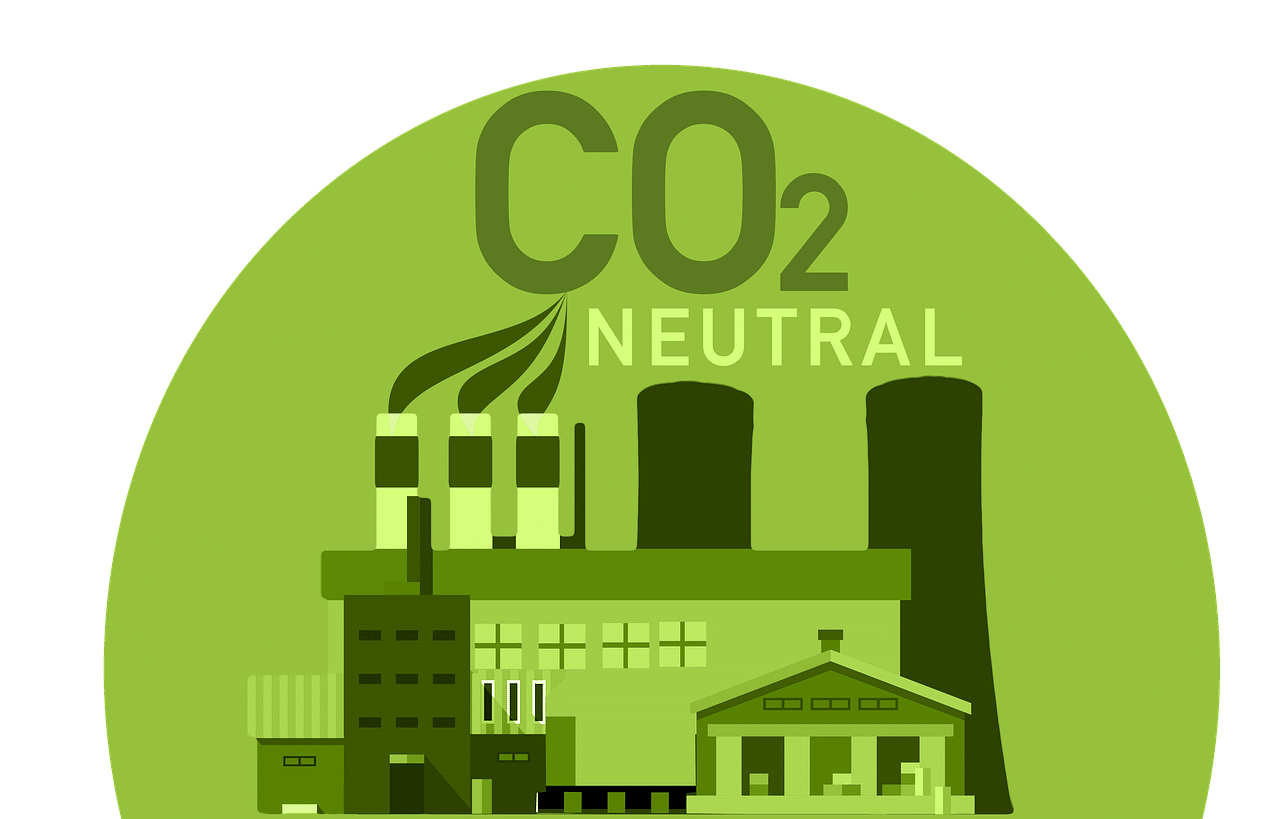
Neutrality during war means non-alignment with any side.
Neutrality is the condition of neutral . Neutral, meanwhile, is defined as someone who does not take sides with any of the parties that are in conflict or in the middle of a conflict .
This concept is used in different areas and contexts. One of its most common meanings is linked to the position that a State adopts when it does not get involved in a belligerence promoted by others , submitting to the set of rights and obligations that are inherent to such a position .
Neutrality of countries
The neutrality of countries, therefore, is given by non-intervention in a war . A nation that declares itself neutral in a war conflict renounces any type of interference in hostilities.
It should be noted that the norms of international law are responsible for regulating the link between neutral countries and belligerent states. It is established that, while the belligerents must maintain respect for the sovereignty of the neutrals, they must not get involved in the confrontation or provide support to any side .
It is important to indicate that the absence of intervention is central . A State may not take an active role in the belligerence but, nevertheless, be an ally of one of the participants, even without participating militarily in the actions. In this context, there is no neutrality .
The case of Costa Rica
Costa Rica is a country that, in 1983 , proclaimed its permanent or perpetual neutrality. This decision promoted by then-president Luis Alberto Monge was part of a process initiated by the National Constituent Assembly in 1949 when it dissolved the army.
In this way, Costa Rica remains neutral in all international wars and in all armed conflicts that occur within other countries as stated in its own Constitution . This positioning was formally established in '83 by the Neutrality Law and ratified in 2014 .
It can be said that Costa Rica is a neutral and demilitarized State. It should be noted that this Central American nation is recognized for the strength of its democracy and its political stability.

Shortly after its independence, Turkmenistan proclaimed its permanent neutrality.
Neutrality in Europe
Neutrality in Europe is present through the decisions of several countries that opted for the principle of non-intervention . Austria , for example, has been neutral since 1955 , when it signed a memorandum with the Union of Soviet Socialist Republics ( USSR ), France , the United Kingdom and the United States .
From this political agreement, which led to these powers withdrawing their armies from Austrian territory and Austria not joining Germany or providing military collaboration, legislation arose that ensures its neutrality.
Although it is part of the European Union , Austria is not a member of NATO. The country , in any case, participated in initiatives sponsored by the EU and the UN (United Nations Organization ) for the pacification of Bosnia , Albania and other territories.
Switzerland , like Costa Rica , maintains perpetual neutrality. This policy was adopted in 1815 with the Treaty of Paris and since then the country has not intervened in any war. The Swiss did participate in diplomatic missions to achieve rapprochement between Iran and the United States and between North Korea and South Korea , for example.
Sweden , for its part, maintained neutrality between 1834 and 2009 , when it established defense agreements with other Nordic nations and with the EU . Additionally, in 2016 it became a NATO affiliate.
The International Day
The International Day of Neutrality has been celebrated every December 12 since 2017 , based on a proposal from Turkmenistan . The permanent neutrality of this Asian State that was part of the USSR was recognized in 1995 by the UN .
This anniversary proclaims respect for the principle of autonomy, sovereignty, self-determination and territorial integrity of countries, as well as non-intervention in internal issues of any nation. The International Day of Neutrality also promotes mediation , negotiation and diplomacy as tools to consolidate peace .

The idea of carbon neutrality implies a balance between the emission and absorption of greenhouse gases.
Carbon neutrality
In the field of ecology and the environment , the concept of carbon neutrality refers to ensuring that the amount of greenhouse gases ( GHG ) that are emitted into the atmosphere is equal to the amount of gases that are absorbed by other mechanisms. . The balance, in this way, equals zero.
Just as GHG emissions that encourage climate change by promoting global warming are generated by industrial activity, absorption takes place in the so-called carbon sinks, such as oceans and forests.
In the Paris Agreement , in force since 2016 , numerous countries committed to working together to reduce GHG emissions. This international cooperation aims to keep the increase in global temperature within limits that are considered reasonable to ensure sustainability and the right to life.
The Kyoto Protocol or Kyoto , signed in 1997 and in force since 2005 , is another instrument that seeks to achieve carbon neutrality by proposing a reduction in emissions of six types of GHG .
The attitude of the psychoanalyst
In psychoanalysis , the professional is expected to maintain neutrality during treatment. This attitude means not guiding the therapy according to moral or religious values or granting preferential significance to a fragment or meaning based on a theoretical prejudice.
According to specialists, when the psychoanalyst maintains neutrality, the patient is in a position to make his free associations flow without filters intervening.
